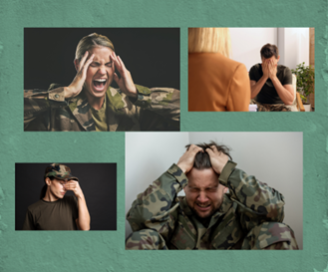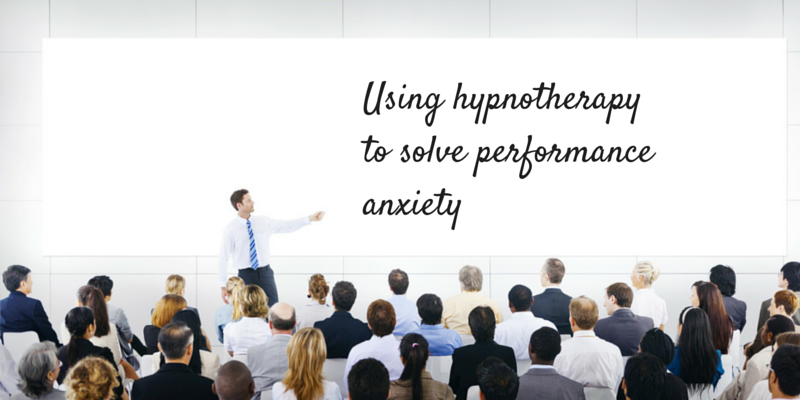Page 3 - hypnotherapy
-
- March 14, 2023
The image that is evoked when we hear the word “bully” usually includes children or adolescents. While there is no doubt bullying among younger people is a huge problem, they are not the only ones who suffer. Many adult clients describe devastating incidents wherein someone who is, whether in actuality or perceived to be, more powerful than they abuses
-
- March 07, 2023
At first, the idea of machines that could think like humans seemed like a far-flung dream of a beyond-high tech future. Then, slowly but surely, it has crept into our lives. Artificial Intelligence offers many conveniences. From fixing typographical errors and correcting our grammar to tracking our dysfunctional heart rates and insufficient movement,
-
- February 27, 2023
It’s hard to hear the news of the day without wincing at least once at what might happen, as well as what has already occurred. The chaotic picture that is painted by the media is enough to test the boundaries of anyone who wishes to stay within the realm of sanity. Clients who seek healing for their mental health issues are especially triggered in
-
- February 21, 2023
Anxiety. In a world where people are in constant states of overwhelm, it’s no wonder anxiety is such a common complaint. According to the National Alliance on Mental Illness (NAMI), it is the most common reason people go to therapy, and more than 40 million adults in the United States suffer from some kind of anxiety disorder.
What is anxiety, -
- February 13, 2023
Any therapist, or for that matter, any client who is working on self-exploration, is aware that there are several, disparate parts to people’s personalities. Sometimes a traumatic experience disrupts the smooth path of a developmental stage, and that young child fails to move forward or grow up. It remains within the person, as a tiny voice, seeking
-
- February 07, 2023
Coping with the pandemic that began in 2020 hasn’t been easy for therapists or their clients. The advent of telehealth and online therapy changed a lot about the way therapy is done. The intimacy of being in the same room, the ability to pick up the nuance of every facial expression and body movement, and the lack of environmental distractions you get
-
- January 31, 2023
As therapists have become more attentive to trauma-informed approaches to therapy, EMDR (Eye Movement Desensitization and Reprocessing) and Hypnotherapy have emerged as significant and effective tools. While most therapists are trained in one or the other, there is much to be gained by looking at how the two modalities can work together to help clients
-
- January 18, 2023
As a therapist, life coach, or other mental health professional, you are focused most on your client’s mind and psychological health. There are times, though, when you may be called upon to help someone deal with physical ailments, or the effects those ailments have on their lives.
Without medical training and a license to practice medicine, a mental -
- January 10, 2023
A great number of clients and patients come into treatment reporting that they have a lack of motivation. This can be due to a variety of factors, and it is rather obvious to therapists, even when clients don’t bring up the topic.
According to this description of motivational therapy and motivational interviewing, motivation plays a key role in -
- December 19, 2022
Is holiday weight gain inevitable? If you’re frightened of what’s going to happen now that the butter-laden cookies, lovingly fried potato latkes, creamy novelty cocktails, and globally-inspired holiday feasts of all kinds surround you, you’re not alone. And, certainly, your clients are among those who share your trepidation.
Many of us have been








